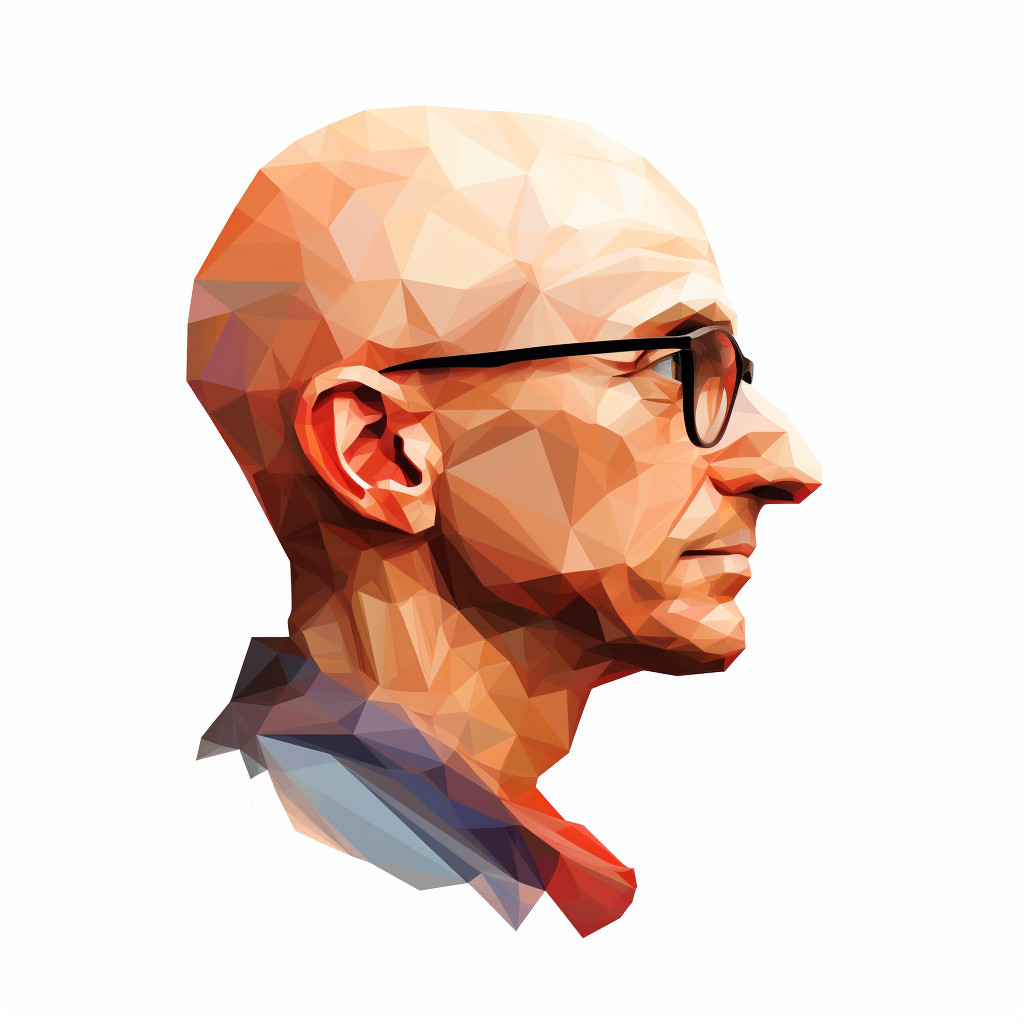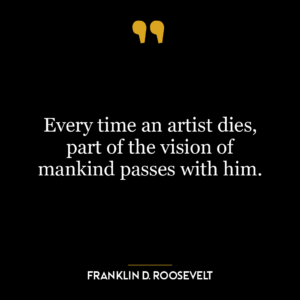This quote suggests that the accumulation of material possessions is not the solution to our problems or the key to our happiness. Instead, what we truly need is more humanity – more compassion, empathy, kindness, understanding, and love for one another. It is a call to prioritize human connection, relationships, and emotional growth over consumerism and materialism.
The quote emphasizes the importance of our shared human experience and values, implying that these are the things that truly enrich our lives. It challenges the prevailing societal narrative that equates success and happiness with wealth and possessions. Instead, it proposes that our focus should be on developing our humanity – our capacity for empathy, compassion, and connection.
In today’s world, this quote is particularly relevant. We live in a consumerist society that constantly bombards us with messages that we need more – more clothes, more gadgets, more luxury items – to be happy or successful. However, this quote suggests that what we really need is not more stuff, but more humanity. This could mean spending more time with loved ones, volunteering in our communities, or working to understand and empathize with people who are different from us.
In terms of personal development, this quote could be a reminder to focus on cultivating our emotional intelligence and empathy, rather than solely focusing on material or financial success. It could also inspire us to live more sustainably and mindfully, recognizing that our obsession with consumption is not only harmful to our mental health, but also to the environment.
In essence, the quote is a call to shift our focus from the external to the internal, from the material to the emotional, and from selfishness to empathy. It challenges us to redefine our understanding of success and happiness, and to prioritize human connection and emotional growth over material possessions.











